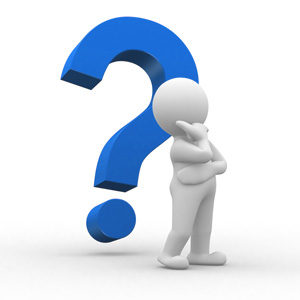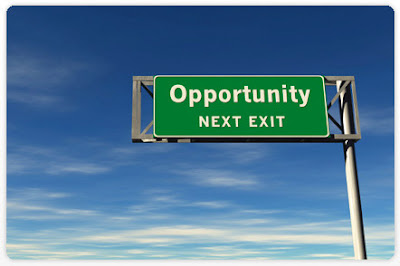Top 10 Tips for Successful Public Speaking
By Julie Kelly
Did you know that many people fear public speaking more than death? This is a very common fear and one that needs to be addressed if you are to be a successful career woman. It takes time, exposure and practice to become well versed in something new, and public speaking is no different.
Most managers and executives have to give public presentations at some stage in their career and it is a very good skill to have in your bag of tricks!
Being nervous is normal, even Madonna still gets butterflies before getting on stage, but it is a matter of focusing once you are in front of an audience.
Here are my tips for giving a great presentation.
1. Know your topic. Knowing your topic inside out and back to front is absolutely critical to giving a confident, successful presentation. As they say, knowledge is power, and the more you know, the more empowered you will feel. Research the topic/subject and ensure you are familiar with and understand the content. Once you have researched the topic, create your presentation in a logical order to capture the audience's attention and maintain it throughout. Giving presentations is about information exchange, not a rehearsed verbatim. Use conversational language, a little humor if relevant and personal opinions or experiences.
2. Know your audience. Knowing who will be listening to your presentation is very important, as you need to tailor it to the needs of the audience. Understanding the culture of those listening will help you choose appropriate language, monitor the inflections in your voice, control your body language and tailor your overall delivery.
3. Have an expert mindset. You have been asked to present on a topic and that makes you an expert. The fact that you know more about a particular topic and are informing others about it means you need to own it. Be confident in the fact that you have been asked to talk in front of an audience on a topic that you are familiar with. It is a great way to learn and develop a new skill.
4. Familiarize yourself with the room. I personally love the "dry run". I need to know where I am going to talk, what the room looks like, what the sound system sounds like and to run through my presentation to ensure there are no technical glitches. Another quote I love is, "People don't plan to fail, they fail to plan!" Know the room and what would work best in regard to working the space.
5. Practice. Once your presentation is complete, you need to start practicing it aloud in a private place. Practice it over and over until it sounds right and you are confident with the delivery. You can go the extra step and record yourself and review the presentation as an audience member. Refine and edit the presentation, as sometimes what seems good on paper does not translate well verbally. Refine and keep practicing until you feel like you have nailed it. This will boost your confidence tremendously.
6. Visualization. If you can see it, you can achieve it! I'm a huge believer in this concept. Visualization is a powerful tool that allows your subconscious mind to believe your thoughts and imaginations. So if you can see and hear yourself giving the presentation of a lifetime, you are on the road to success. Believe in yourself.
7. Work the room. Knowing your audience and topic go hand-in-hand with working the room. Giving presentations is not only about the words spoken but the presence you have whilst presenting. It is always better to stand rather than sit. Make good eye contact with the audience and move around the room so that each section feels like you are intimately talking to them.
8. Breathe. Remember to breathe when you are giving a presentation. Pause when you speak and keep composed.
9. Do not read from notes. Reading from notes can insinuate a lack of confidence and/or knowledge on the topic of presentation. It is acceptable to glance at notes throughout your presentation but be mindful not to read from them continuously.
10. Speak with conviction and confidence. Speaking with passion and conviction captures an audience. Believing in what you are saying is key to nailing a presentation. Confidence is gained through experience but conviction comes from believing in yourself and your words. Be true to yourself and speak to your audience in a manner that makes them want to listen.
At the conclusion of your presentation, thank your audience and answer any questions they may have. Learn from each experience, as some will go better than others. Soon you will find a method that works for you. Fine-tune it with each presentation and soon enough, public speaking will become second nature to you.
Remember practice makes perfect!
I personally get the most satisfaction when I give career-coaching presentations to a room full of people, because I believe in what I am teaching and I believe in myself. Sharing your knowledge is extremely gratifying.
http://www.hercareeradvice.com Julie Kelly, the Founder and voice behind Her Career Advice, is a very successful, professional woman, who helps other women gain confidence, skills and strategies to master the workforce through her books, blog and career coaching. Her Career Advice is an online resource aimed at empowering and educating women on how to have successful careers and ultimately fulfilling lives.
Article Source: http://EzineArticles.com/?expert=Julie_Kelly
http://EzineArticles.com/?Top-10-Tips-for-Successful-Public-Speaking&id=6811749














